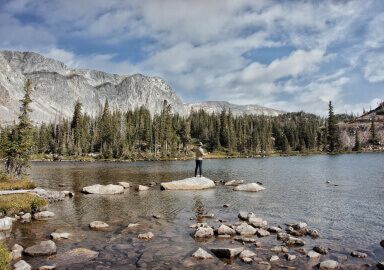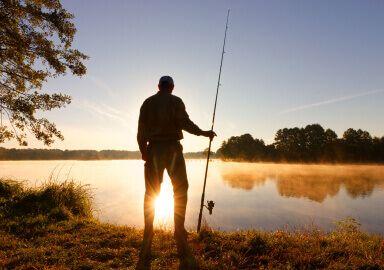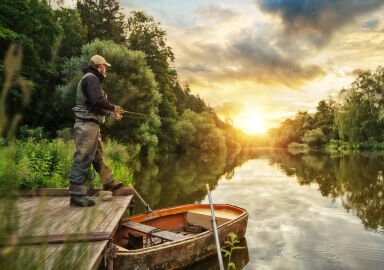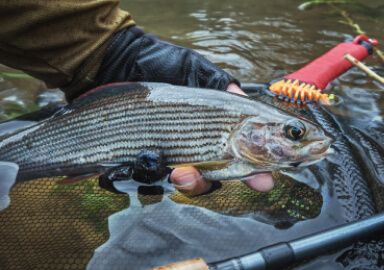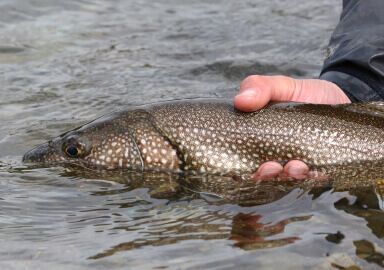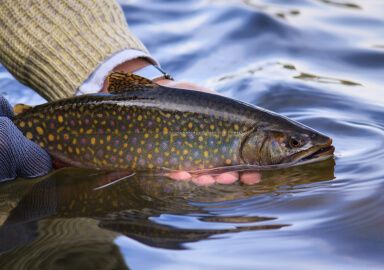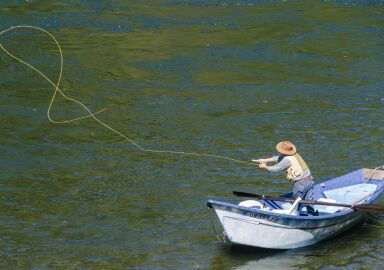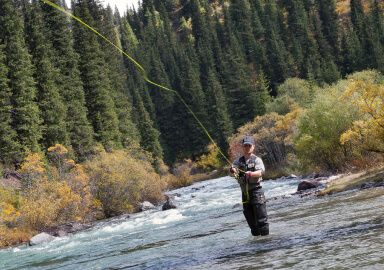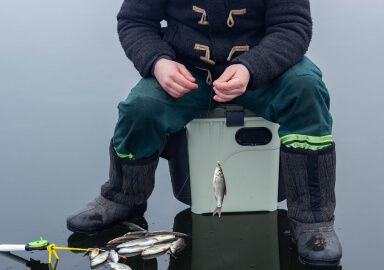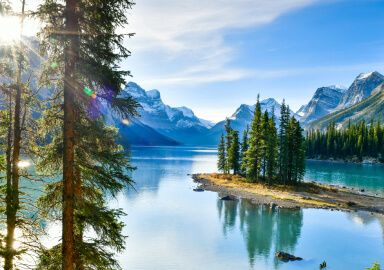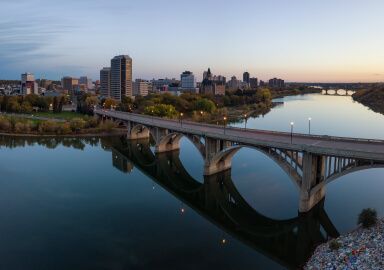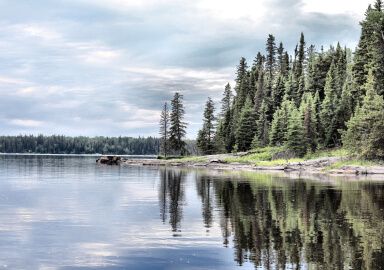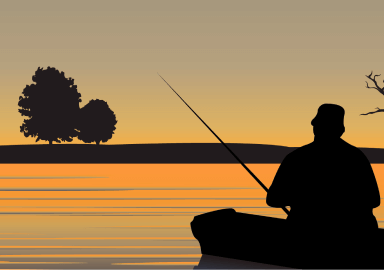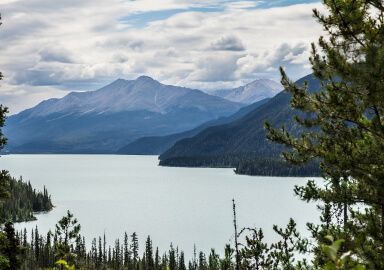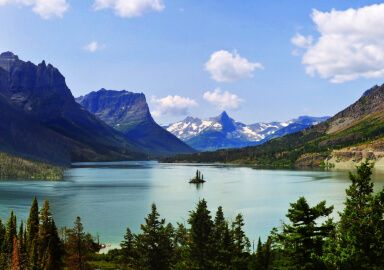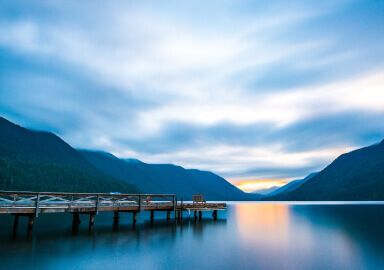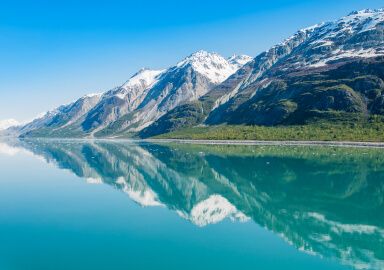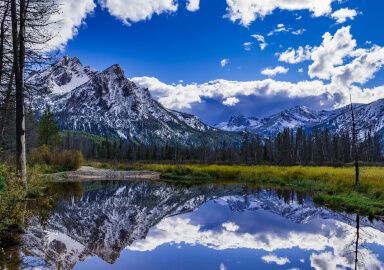Fishing in Northwest Territories
Discover the allure of fishing in the Northwest Territories, boasting abundant freshwater bodies, diverse fish species, and untouched wilderness.
View 1 listing
1
listings
–
price starting from
3
fish species
About Northwest Territories
Venture into the Canadian Northwest Territories, a place of mesmerizing landscapes, untamed wilderness, and second-to-none freshwater fishing opportunities. Spanning over a million square kilometers, the Northwest Territories is populated by a mere 43 thousand people, about half of those of indigenous descent. Both the Dene and the Inuit peoples have historically relied on fishing for their survival, which is not surprising, given that the territory is home to countless lakes, rivers, and streams, including the Great Slave Lake, one of the world's deepest bodies of freshwater.
With a subarctic climate, the region experiences long, cold winters and short, warm summers. Many tourists come to Yellowknife, the territories’ capital, to see Aurora Borealis in the winter, and if you’re among them, you should look into ice fishing opportunities as well. The fishing season extends year-round, offering spinning and fly fishing in warmer months. The allure of the Northwest Territories lies in its rugged beauty and solitude. It offers an immersive fishing experience far from the crowds, where anglers can truly connect with nature.
Fishing Types
The vastness and diversity of the Northwest Territories cater to a multitude of fishing types. Lake fishing is an angler's dream here, with each lake teeming with healthy populations of trophy-sized fish – small wonder, given how few people live in or travel to Northwest Territories. Great Bear Lake, while one of the largest in North America, sees only a handful of anglers a year! The same can be said about river fishing, particularly along the Mackenzie River. It offers a different kind of thrill, with strong currents and abundant fish.
Backcountry fishing in Northwest Territories carries a whole different meaning as compared to other locations. Even on the Great Slave Lake near Yellowknife you’ll experience less human pressure than on any lake in Ontario, and a trip to one of the rivers lakes that go as “remote” by Northwest Territories standards, accessible only by floatplane, promises a truly unique, secluded and memorable fishing adventure.
Targeted Fish Species
What kind of fish can you catch in the Northwest Territories? Even the unknown! Seriously, this is how “inconnu”, the local name for the world’s biggest kind of whitefish, is translated from the French. Northwest Territories is a real sanctuary for several sought-after sport fish species, the most attractive of those being lake trout. Great Slave Lake is particularly known for this species, that can reach grow as big as 70 lb, and catches of fish exceeding 30 pounds are regular. Arctic char, Arctic grayling and Dolly Varden complete the list of the most popular salmonids you can fish for in Northwest Territories. There is also excellent fishing for walleye, northern pike and burbot in the Mackenzie River, the longest river system in Canada.
Fishing Techniques
Fishing techniques in the Northwest Territories are as varied as the landscape. Fly fishing is the method of choice for Arctic char, grayling, and other salmonids, while trolling and spinning are favored techniques for targeting Lake Trout and Northern Pike in the region's lakes. Ice fishing is a must-try winter activity here, offering a chance to reel in some impressive catches amidst the serene, frozen landscapes.
Pack your biggest lures and flies, and your strongest lines and leaders, as the size of the local pike and lake trout will leave you mouth wide open. Be aware that only barbless hooks are allowed in Northwest Territories; if in the middle of your trip you suddenly discover one of your favorite flies or lures has a barbed hook, you can simply bend the barb in or break it off, and you’re good.
In this wild and remote region, always stay prepared for changing weather conditions and keep a flexible approach to your fishing techniques. In addition, be bear aware: on many waterways you’ll be competing with black, grizzly, and even polar bears for fish; study bear awareness tips, or, better yet, hire a local guide who’ll ensure your safety as well as boost your fishing experience.
